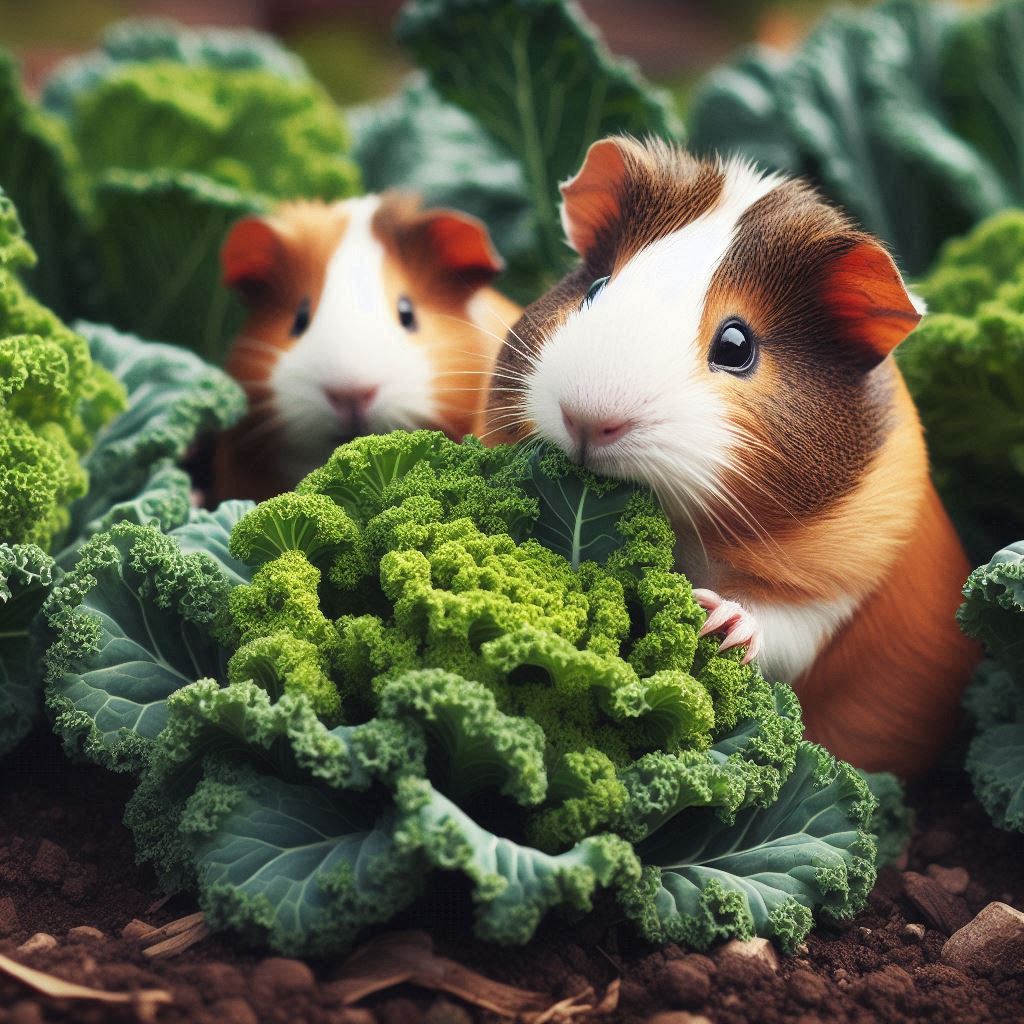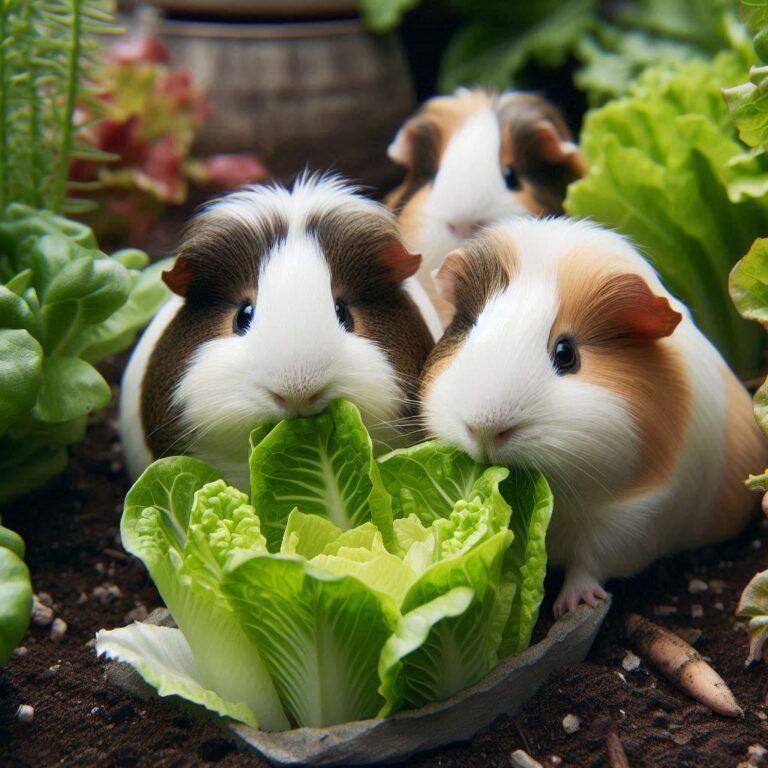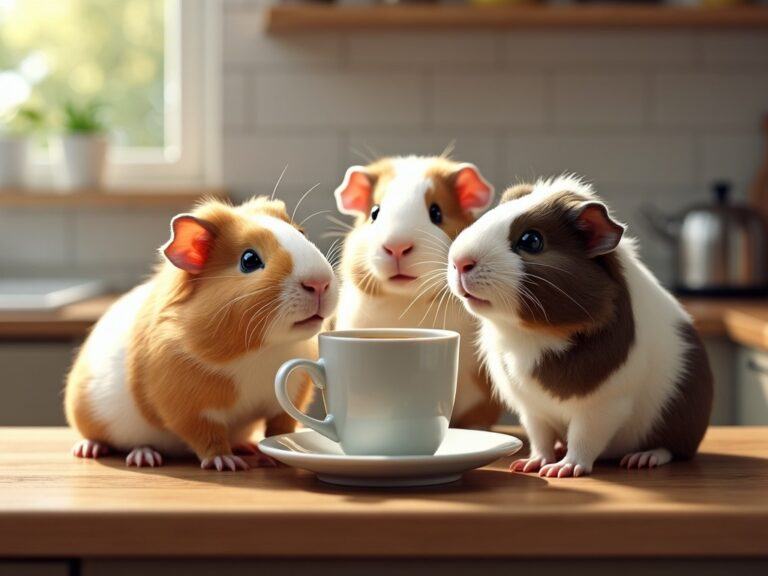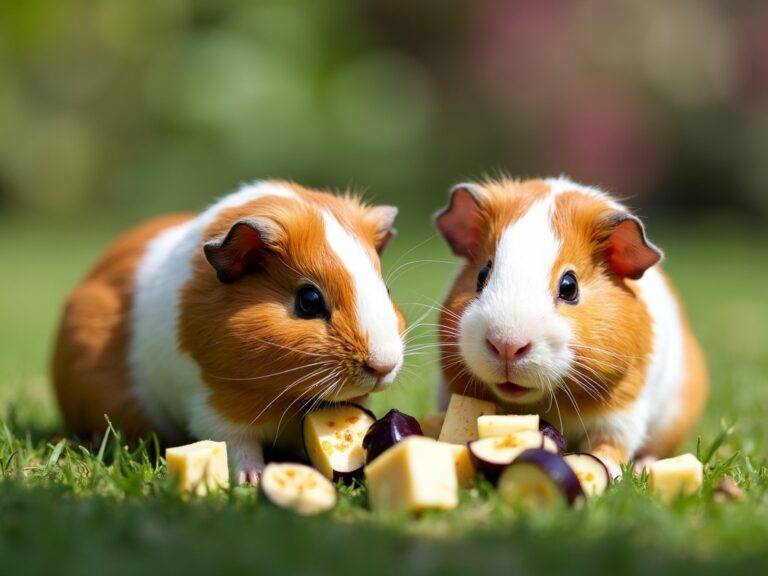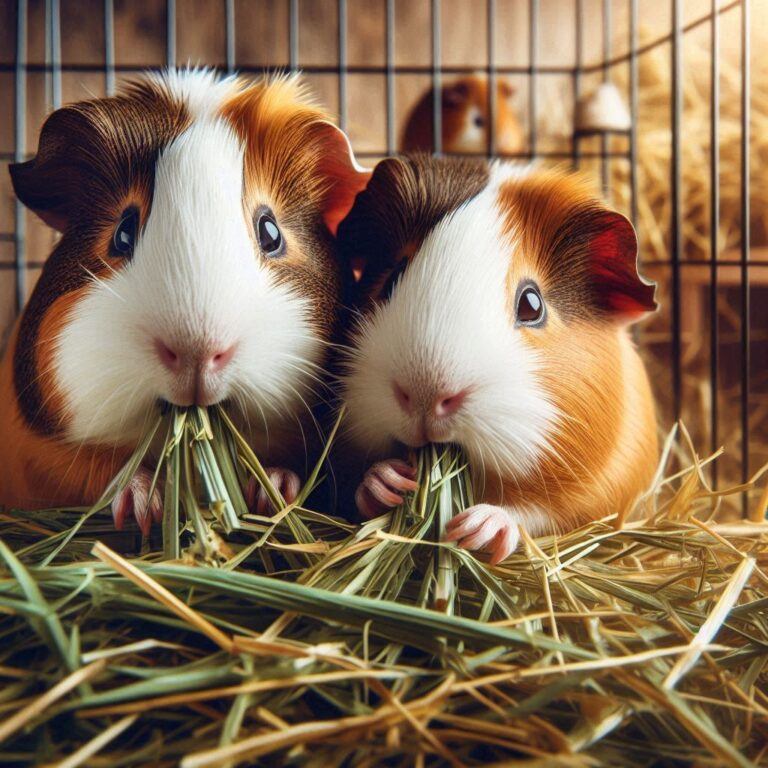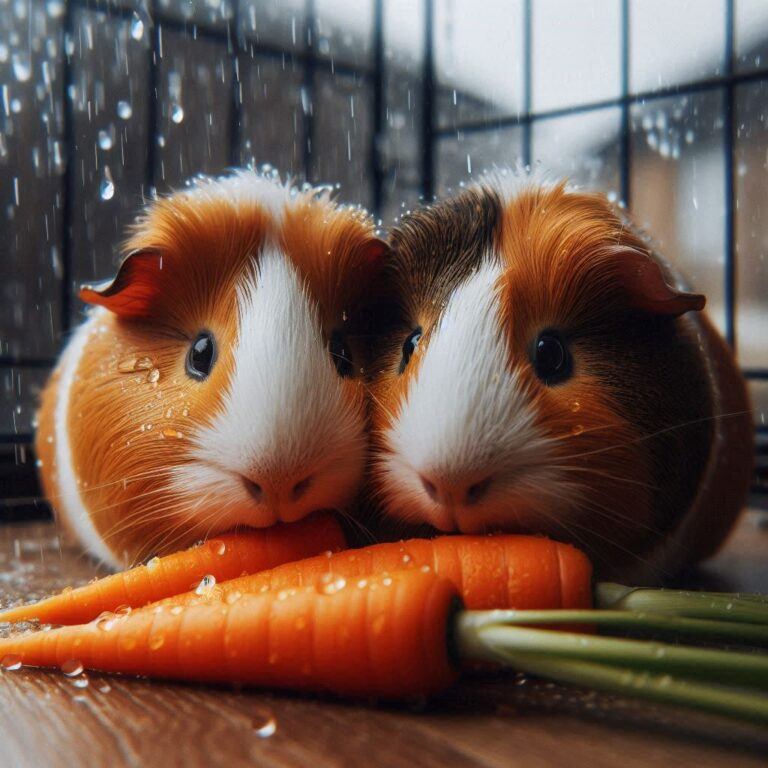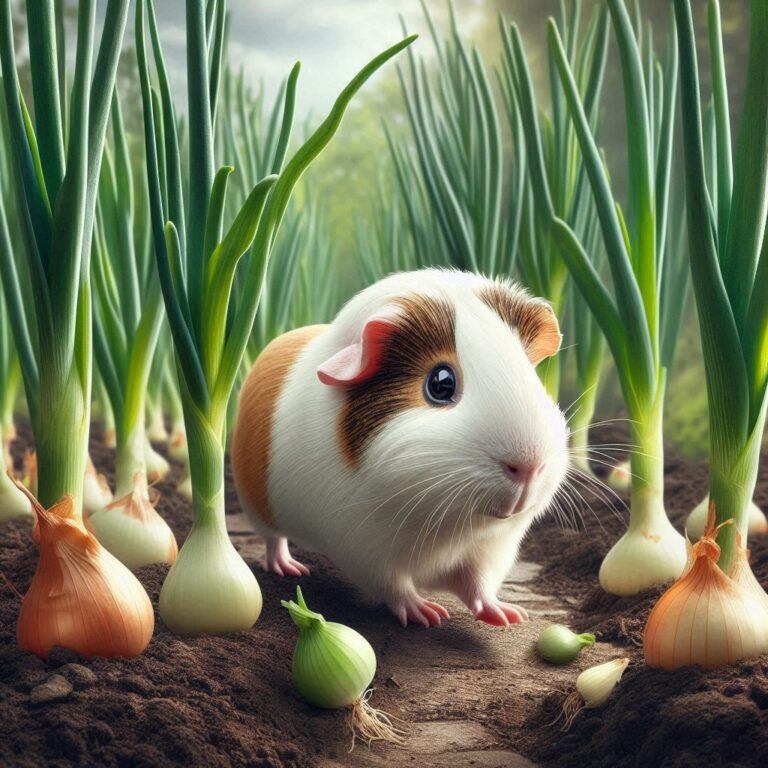Can Guinea Pigs Safely Eat Kale
Yes, guinea pigs can safely eat kale in moderation. Kale is a nutritious leafy green that provides essential vitamins and minerals for guinea pigs. However, it should be given as part of a balanced diet and not as a primary food source. The high calcium and oxalic acid content in kale can lead to health issues if consumed excessively.
Kale is a nutrient-dense vegetable packed with vitamins, minerals, and antioxidants. For guinea pigs, a balanced diet is crucial for their overall health and well-being.
As their owner, it’s my responsibility to understand which foods are safe and beneficial for them.
Benefits of Kale for Guinea Pigs
Kale is an excellent source of vitamin C, which is essential for guinea pigs. Unlike humans, these small pets can’t produce their own vitamin C, so they need to get it from their diet.
Vitamin C supports their immune system, helps with wound healing, and maintains healthy skin and coat.
In addition to vitamin C, kale provides other valuable nutrients for guinea pigs:
• Vitamin A: Supports eye health and immune function
• Vitamin K: Essential for blood clotting and bone health
• Fiber: Aids in digestion and maintains gut health
• Antioxidants: Help protect cells from damage
These nutrients contribute to a guinea pig’s overall health. The fiber in kale supports digestive health, while the antioxidants help protect their cells from oxidative stress.
Potential Risks and Precautions
While kale offers numerous benefits, it’s important to be aware of potential risks. The high calcium content in kale can be a concern for guinea pigs.
Excessive calcium intake may lead to the formation of bladder stones, a painful condition that can be serious if left untreated.
Kale also contains oxalic acid, which can interfere with calcium absorption and contribute to the formation of kidney stones.
While this isn’t typically a problem in small amounts, excessive consumption of oxalic acid-rich foods can pose health risks.
Another consideration is pesticide exposure. Kale is often treated with pesticides, which can be harmful to guinea pigs.
It’s crucial to thoroughly wash kale before feeding it to your pet. Better yet, opt for organic kale when possible to minimize pesticide exposure.
How to Feed Kale to Guinea Pigs
To safely include kale in your guinea pig’s diet, follow these guidelines:
- Wash the kale thoroughly under running water
- Remove any tough stems or ribs
- Chop the kale into small, manageable pieces
- Offer a small leaf of kale (about 1 inch square) 1-2 times per week
- Kale should make up no more than 10% of their overall diet
When introducing kale to your guinea pig’s diet, start with a tiny amount and observe their reaction.
Some guinea pigs may have sensitive digestive systems, so it’s important to monitor for any signs of discomfort or diarrhea.
Remember, variety is key in a guinea pig’s diet. Kale should be just one of many vegetables offered.
Rotate it with other safe leafy greens like romaine lettuce, cilantro, and parsley. This not only provides a range of nutrients but also keeps mealtime interesting for your pet.
The main component of a guinea pig’s diet should be high-quality hay, which should be available at all times. Hay provides essential fiber for digestive health and helps wear down their continuously growing teeth.
In addition to hay, offer a small amount of pellets specifically formulated for guinea pigs. These pellets are designed to provide balanced nutrition and shouldn’t be replaced by vegetables alone.
Fresh, clean water should always be available. Change the water daily and clean the water bottle or bowl regularly to prevent bacterial growth.
Kale in Your Guinea Pig’s Diet
Feeding guinea pigs a balanced diet is essential for their health and longevity. While kale can be a nutritious addition to their menu, it’s just one piece of the puzzle. Here’s a quick recap of the key points:
- Kale is safe for guinea pigs in moderation
- It provides vital nutrients, especially vitamin C
- Feed small amounts, 1-2 times per week
- Be aware of calcium and oxalic acid content
- Always wash kale thoroughly before feeding
- Introduce new foods gradually
- Maintain a varied diet with different vegetables
By following these guidelines, you can safely incorporate kale into your guinea pig’s diet. Remember, every guinea pig is unique, so pay attention to your pet’s preferences and reactions to different foods.
If you notice any changes in behavior, appetite, or droppings after introducing kale, consult with a veterinarian experienced in exotic pet care.
Providing a balanced, varied diet is one of the best ways to ensure your guinea pig stays healthy and happy.
With the right approach, kale can be a beneficial addition to their nutritional intake, supporting their overall well-being and adding some green goodness to their meals.

